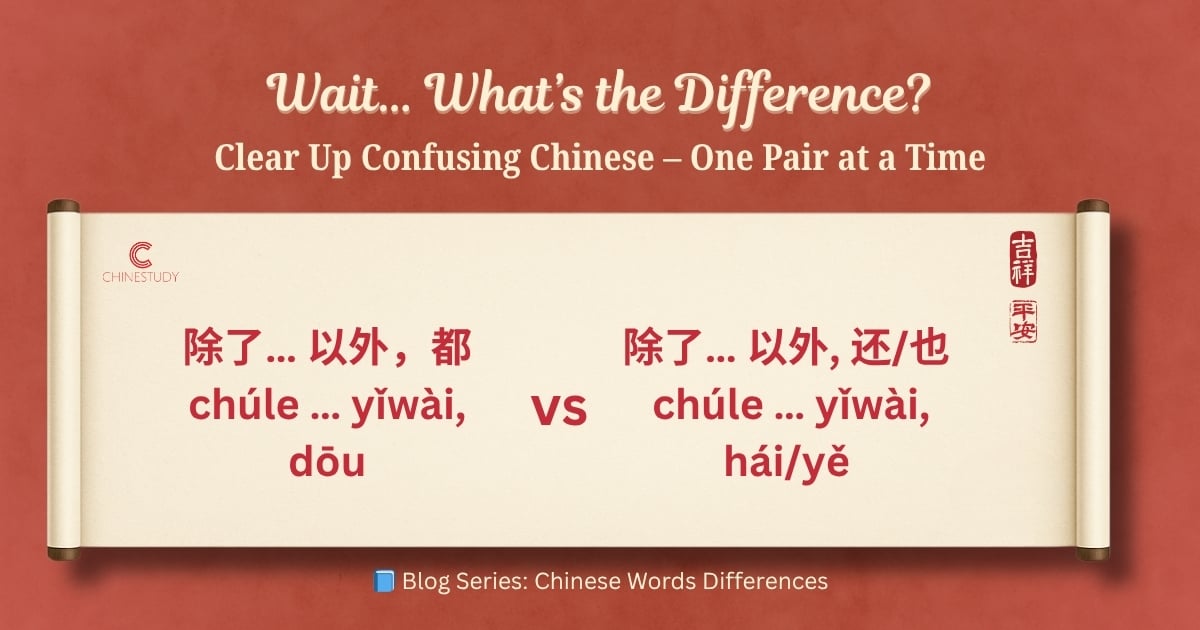
🤯 除了…以外,都 vs 除了…以外,还 / 也 – What’s the Difference?
Learn the key difference between exclusive and inclusive meaning in Chinese using 除了…以外. Should you use 都 or 还?This blog clears it up with simple rules and fun examples.
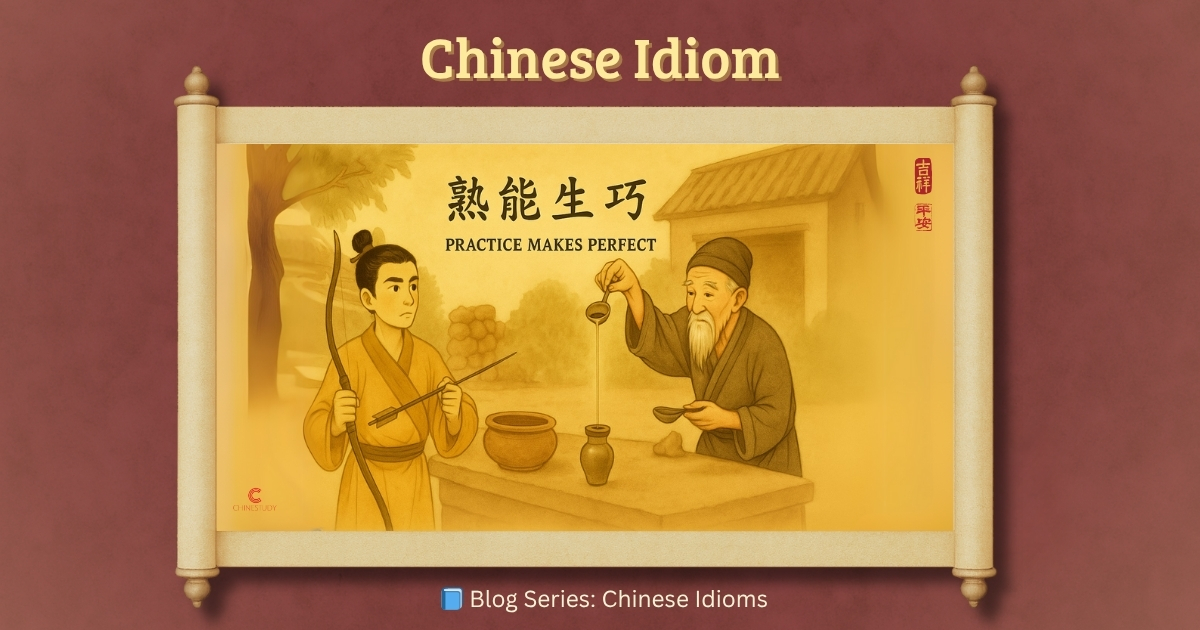
🥄 熟能生巧 shú néng shēng qiǎo – Practice Makes Perfect
This idiom tells how great skill comes from steady repetition — not talent. Discover the story of the old oil seller and how 熟能生巧 reminds us that practice creates mastery.
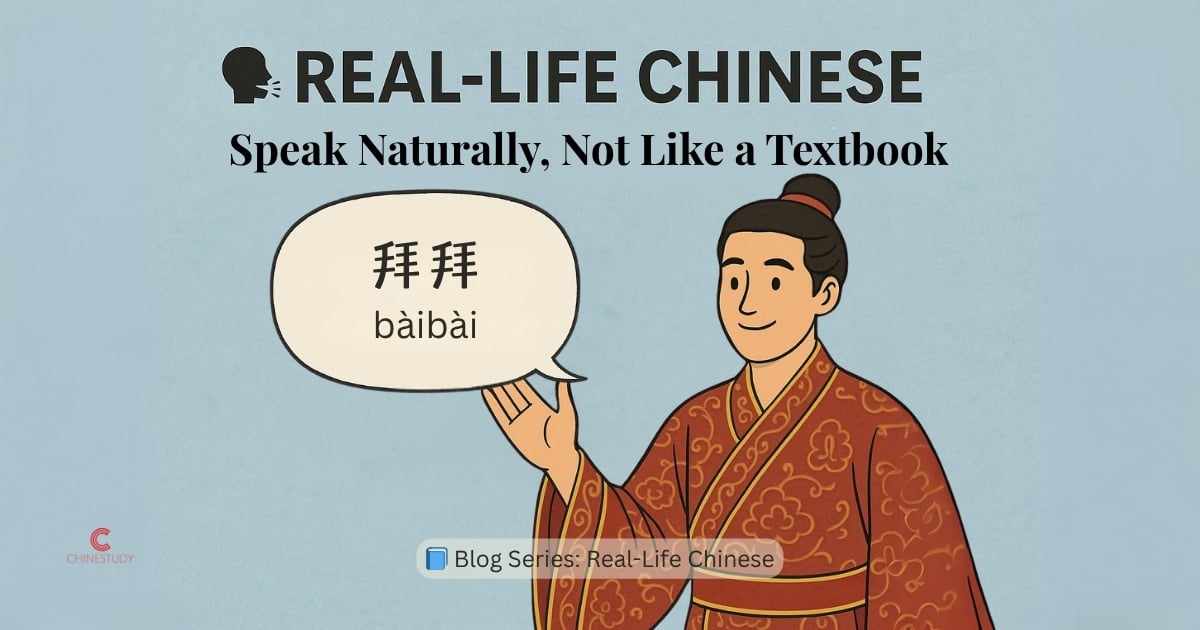
How Chinese People Really Say Goodbye — Not Just “再见”
Saying “再见” sounds polite — but also stiff. Learn how native speakers say goodbye naturally with phrases like “拜拜,” “回见,” and “走了.”
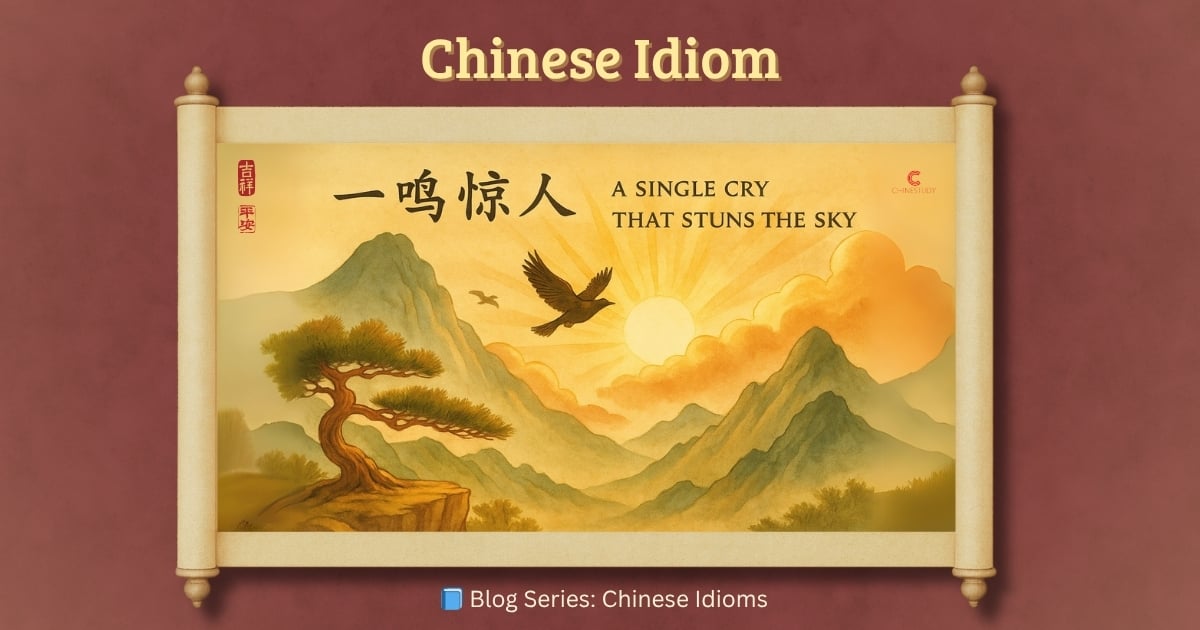
🐦 一鸣惊人 yī míng jīng rén – A Single Cry That Stuns the Sky
This idiom tells the story of a quiet person who surprises everyone with one powerful action. Learn how 一鸣惊人 captures the moment when silence turns into brilliance.
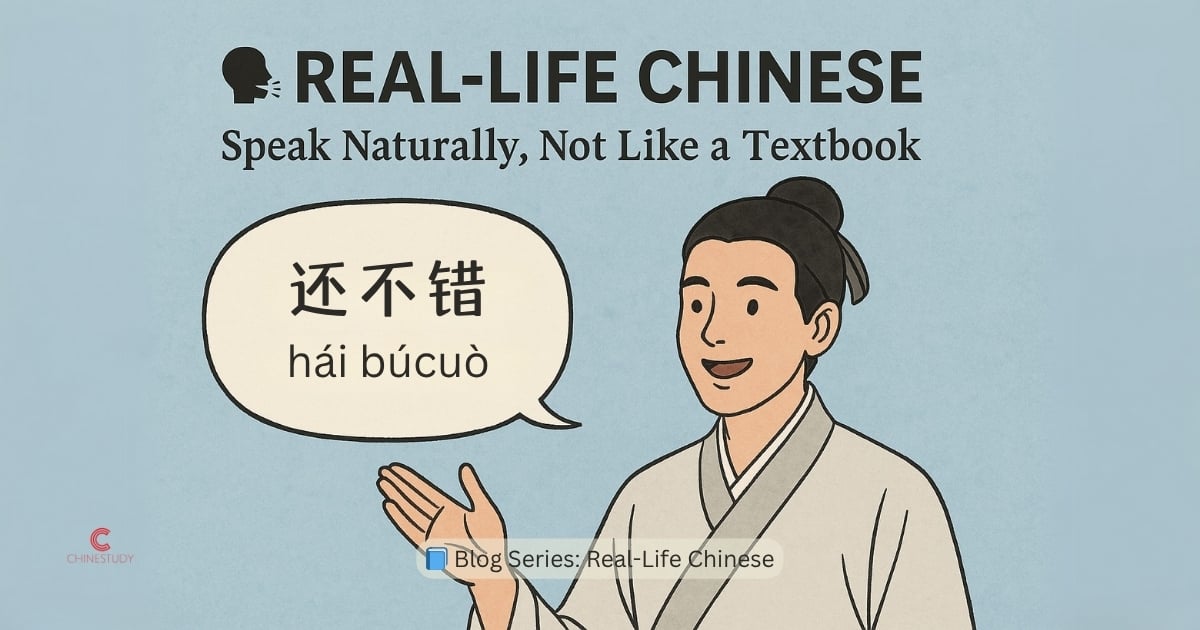
How to Say “I’m Fine” the Way Locals Do — Not Just “我很好”
Instead of the robotic “我很好” (wǒ hěn hǎo), try these natural, friendly ways to reply to “How are you?” and sound more like a native speaker.
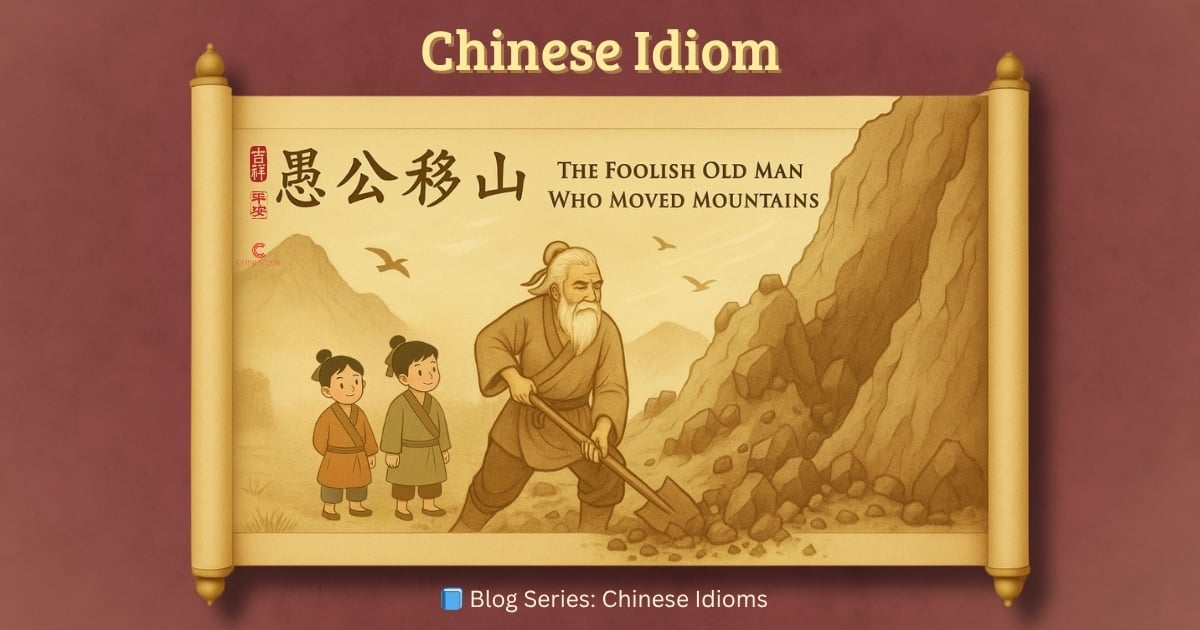
🏔️ 愚公移山 yú gōng yí shān – The Foolish Old Man Who Moved the Mountains
This idiom tells the story of an old man who believed he could move mountains with patience and perseverance. A powerful reminder that no challenge is too great when you never give up.
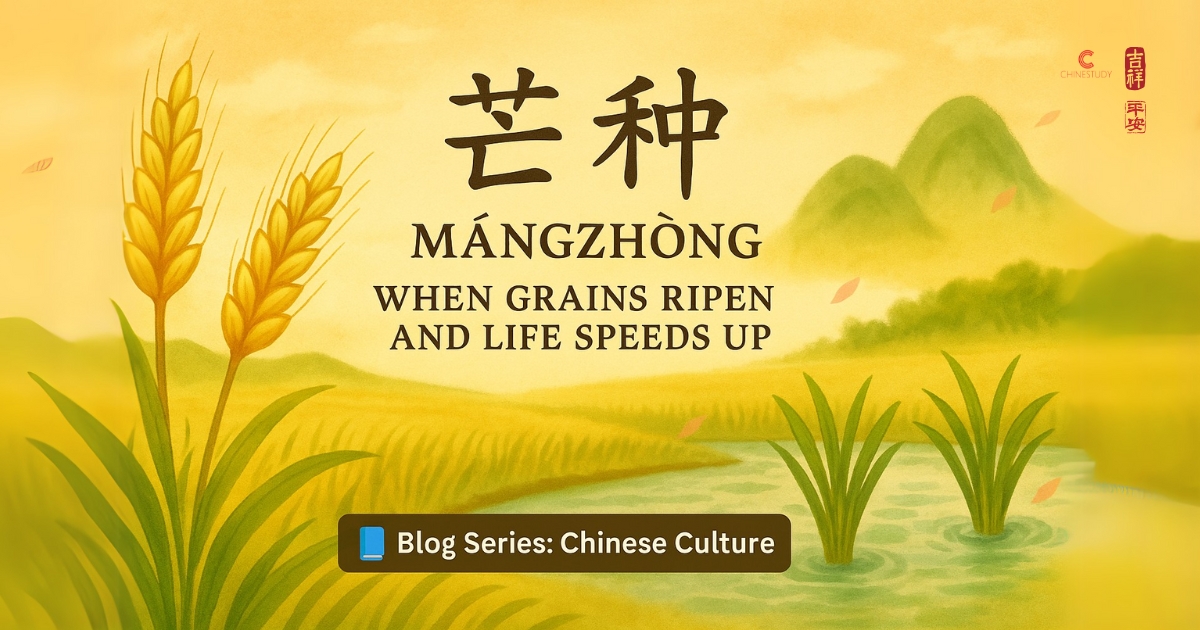
🌾 芒种 Mángzhòng – When Grains Ripen and Life Speeds Up
芒种 (Mángzhòng) marks the time when grains ripen and rice planting begins. Learn what it means in Chinese culture — and how to talk about it in Mandarin.
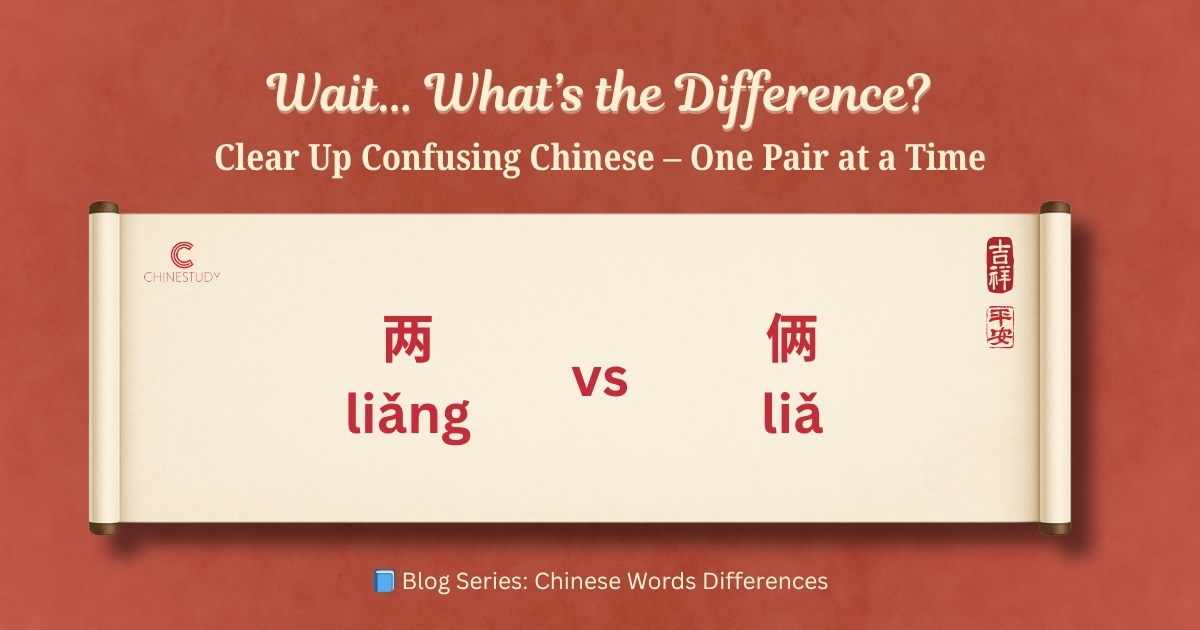
🧐 两 liǎng vs 俩 liǎ – What’s the Difference?
Think 两 (liǎng) and 俩 (liǎ) are the same? Not quite! This short guide will help you tell them apart and avoid common mistakes.
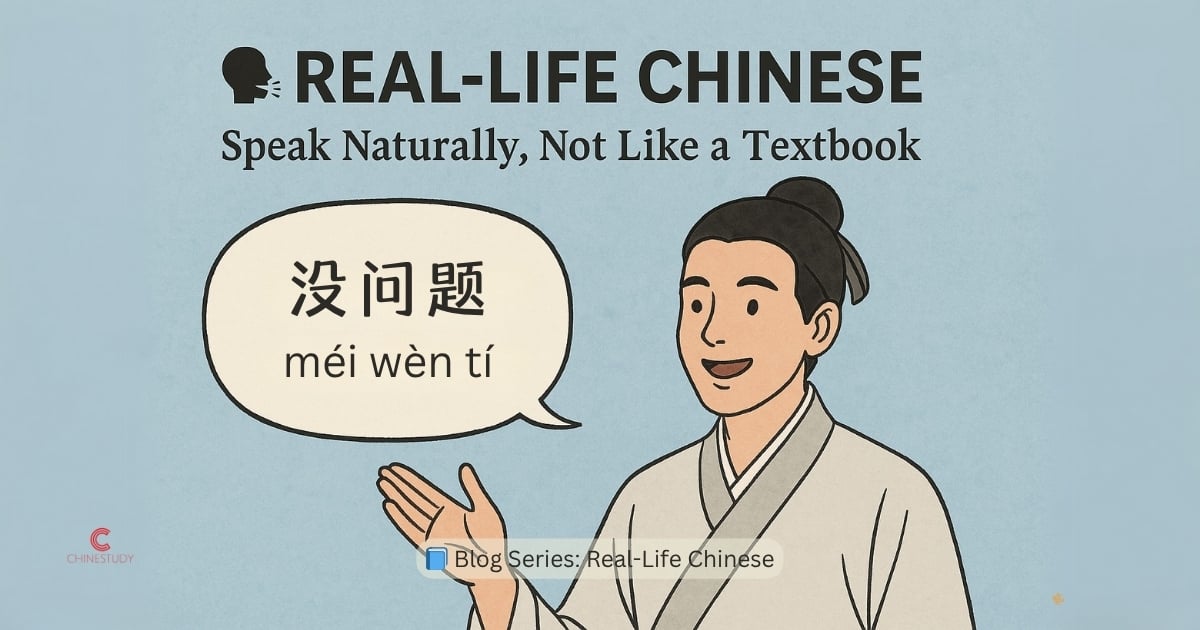
How to Say “Okay” Casually in Chinese — Not Just “可以”
Learn how to say “yes” more naturally in Chinese. Instead of the textbook word “可以 (kěyǐ),” try using casual expressions like “行,” “没问题,” or “好的” — just like native speakers!

🐉 端午节 Duānwǔ Jié – The Story and Traditions of Dragon Boat Festival
Discover the meaning behind Duānwǔ Jié (端午节), one of China’s most beloved festivals. Learn the story of Qu Yuan, explore how people celebrate today, and boost your vocabulary with real-life examples.
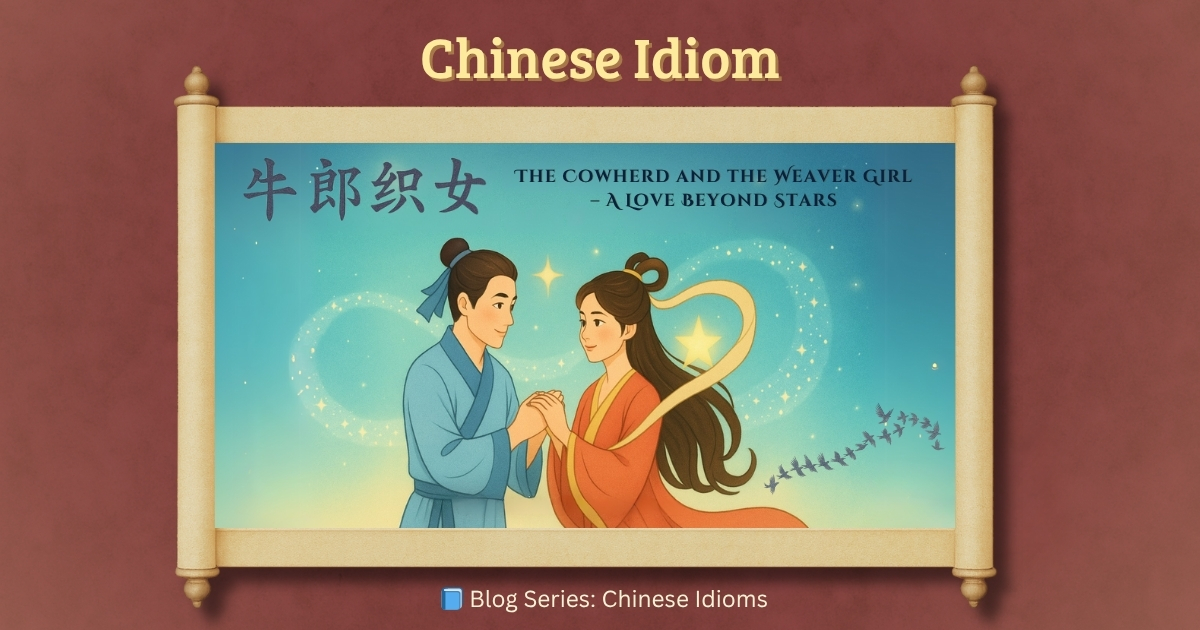
🌌 牛郎织女 niú láng zhī nǚ – The Cowherd and the Weaver Girl
Discover the touching tale of 牛郎织女 (Niú láng zhī nǚ) — a Chinese idiom born from a love that defies distance, stars, and time itself.
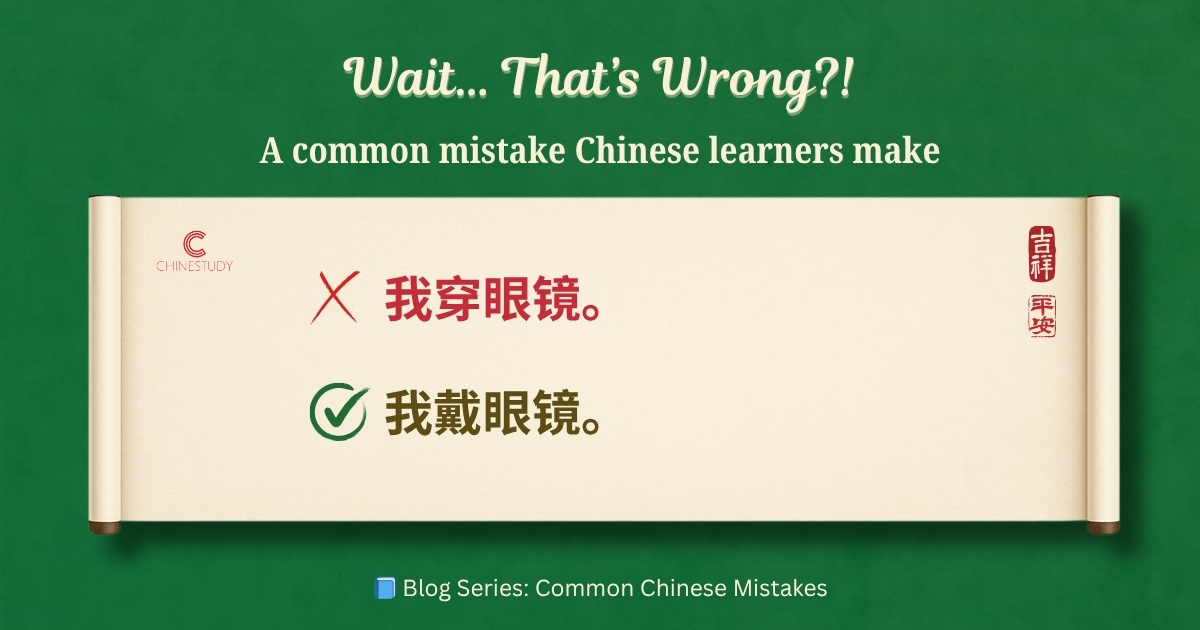
😅 我穿眼镜 – What’s Wrong with This Sentence?
Many learners say “我穿眼镜,” but this sentence is wrong in Chinese! In this post, you’ll learn the correct verb for “wear” and avoid this common mistake.
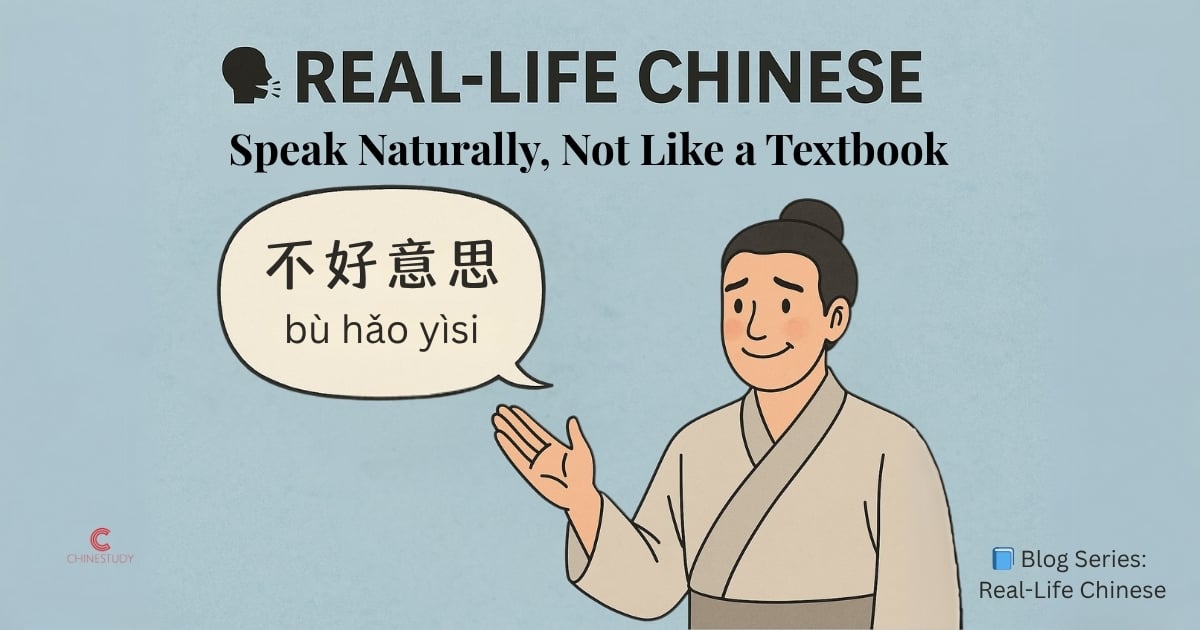
How Chinese People Really Say “Sorry” — Not Just “对不起”
Learn when to say “不好意思 (bù hǎo yìsi)” instead of “对不起”! It’s softer, more polite, and used in many everyday situations — perfect for real conversations.
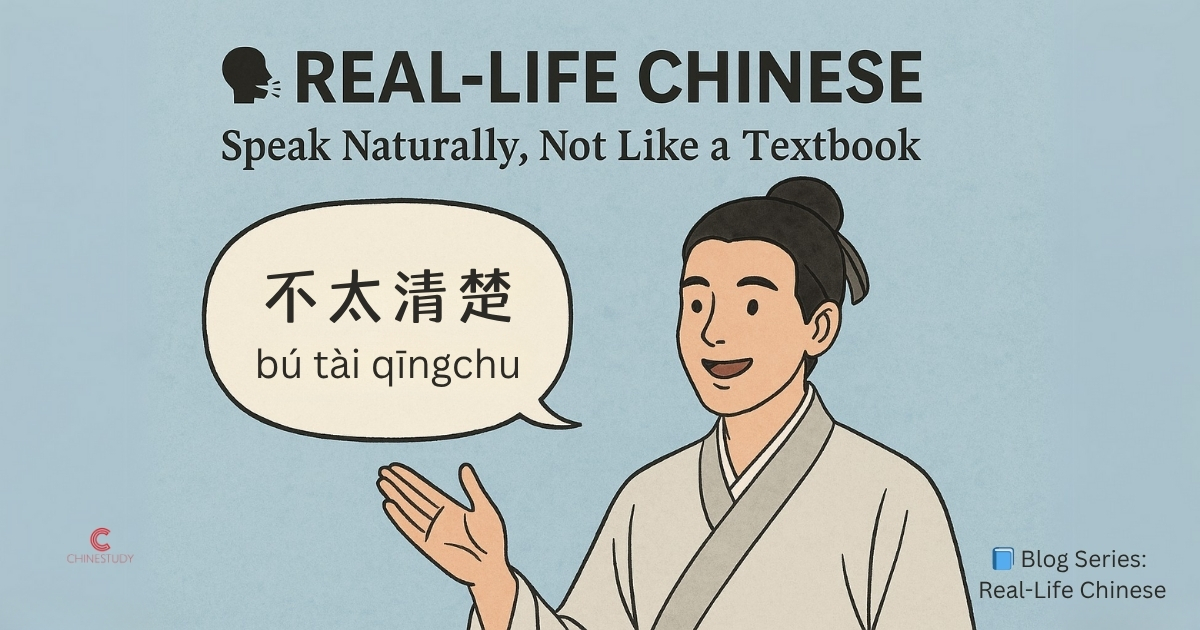
How to Say “I Don’t Know” Like a Native — Not Just “我不知道”
“我不知道” sounds flat and too direct in daily conversations. Learn how to sound more natural by saying “不太清楚” — a softer and more real-life way to say “I’m not sure.”
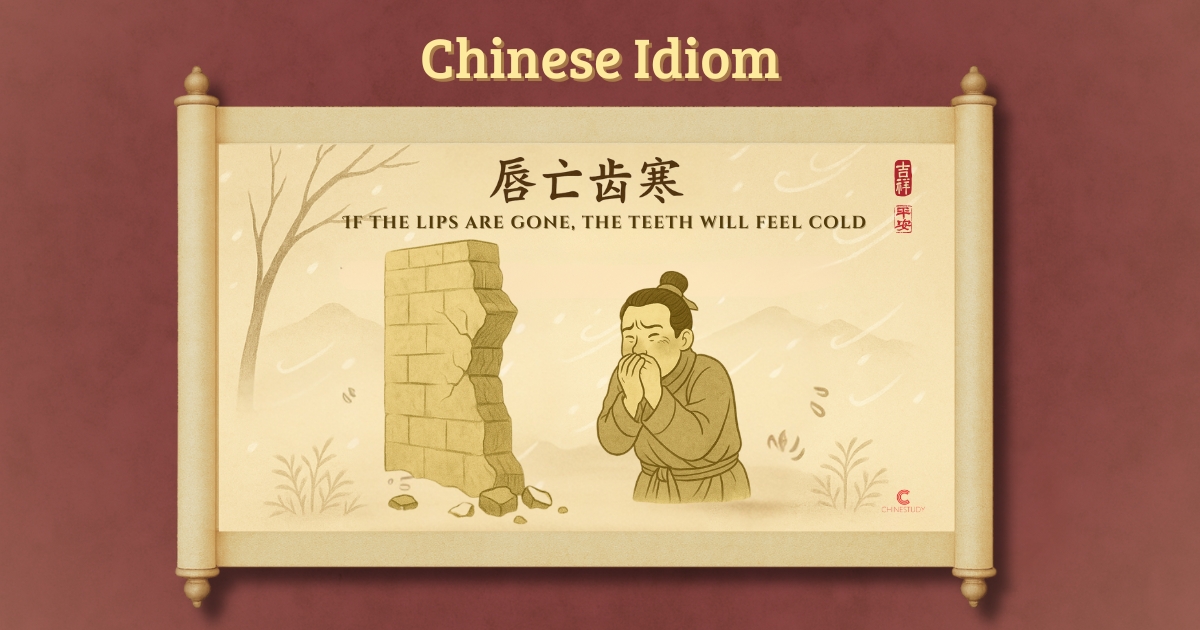
🧊 唇亡齿寒 chún wáng chǐ hán – If the Lips Are Gone, the Teeth Will Feel Cold
This Chinese idiom teaches us that when two things depend on each other, the fall of one will harm the other. Learn the story, usage, and examples behind 唇亡齿寒.
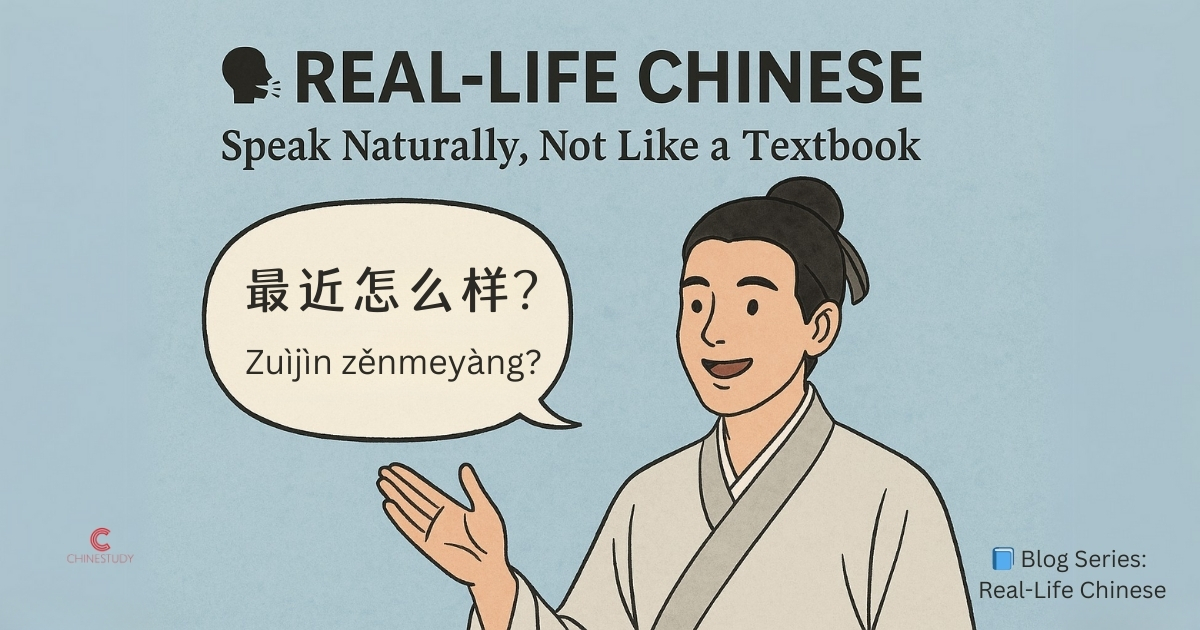
How to Ask “How Are You” Naturally in Chinese — Not Just “最近怎么样”
“你好吗?” sounds too formal. Here’s what native speakers say instead — and why it matters for your daily Chinese.
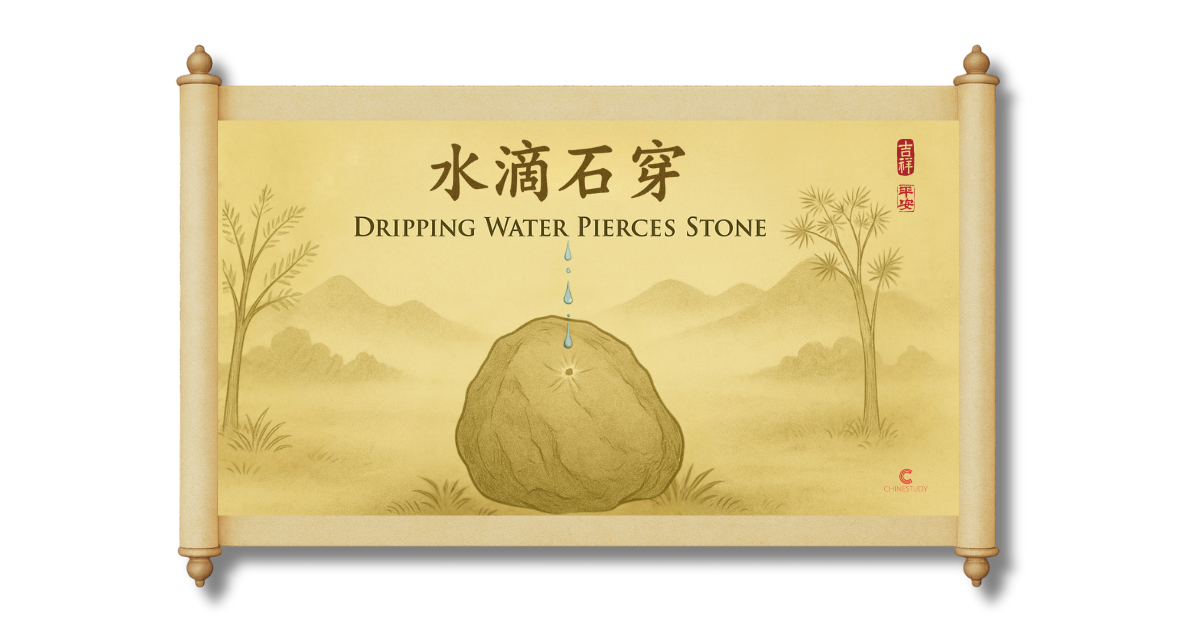
💧 水滴石穿 shuǐ dī shí chuān – Dripping Water Pierces Stone
This Chinese idiom shows the power of small, steady effort. Discover the story behind 水滴石穿 and how it inspires us to keep going — even when progress feels slow.